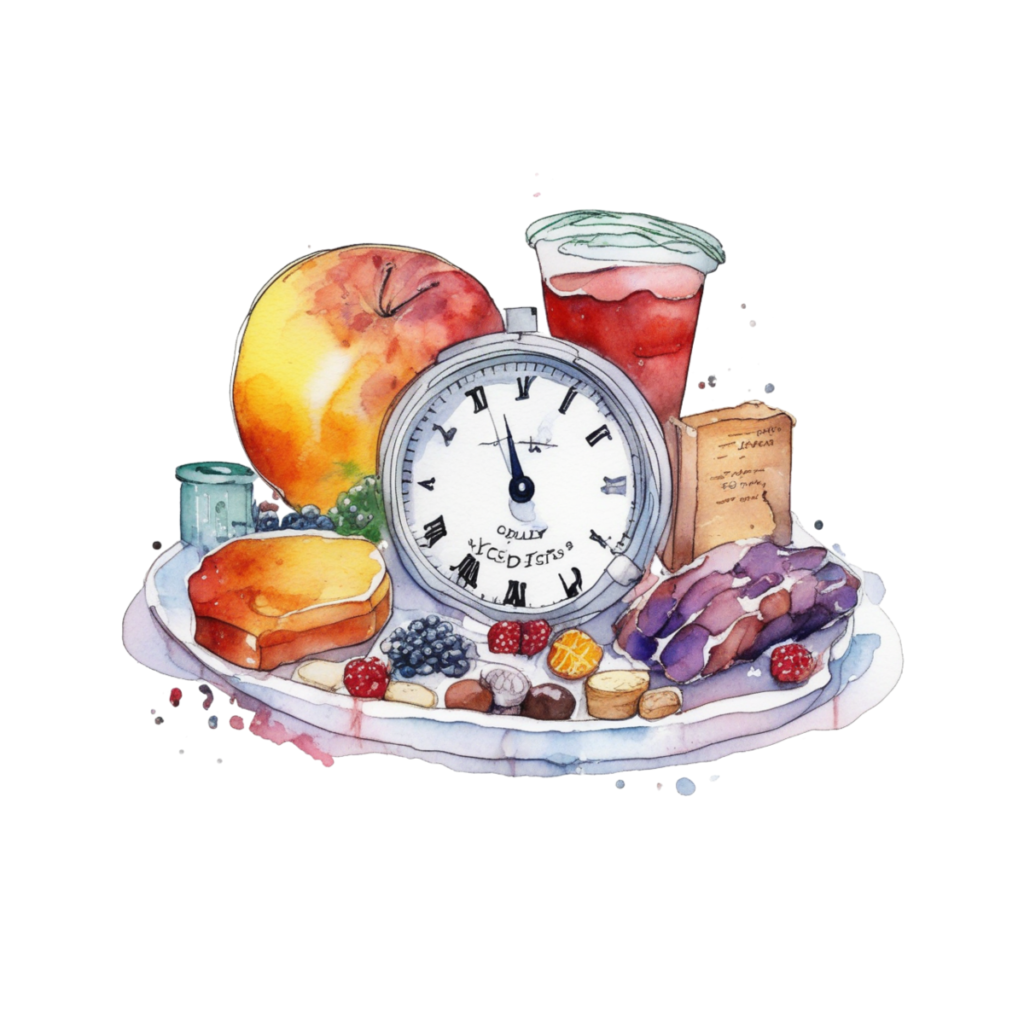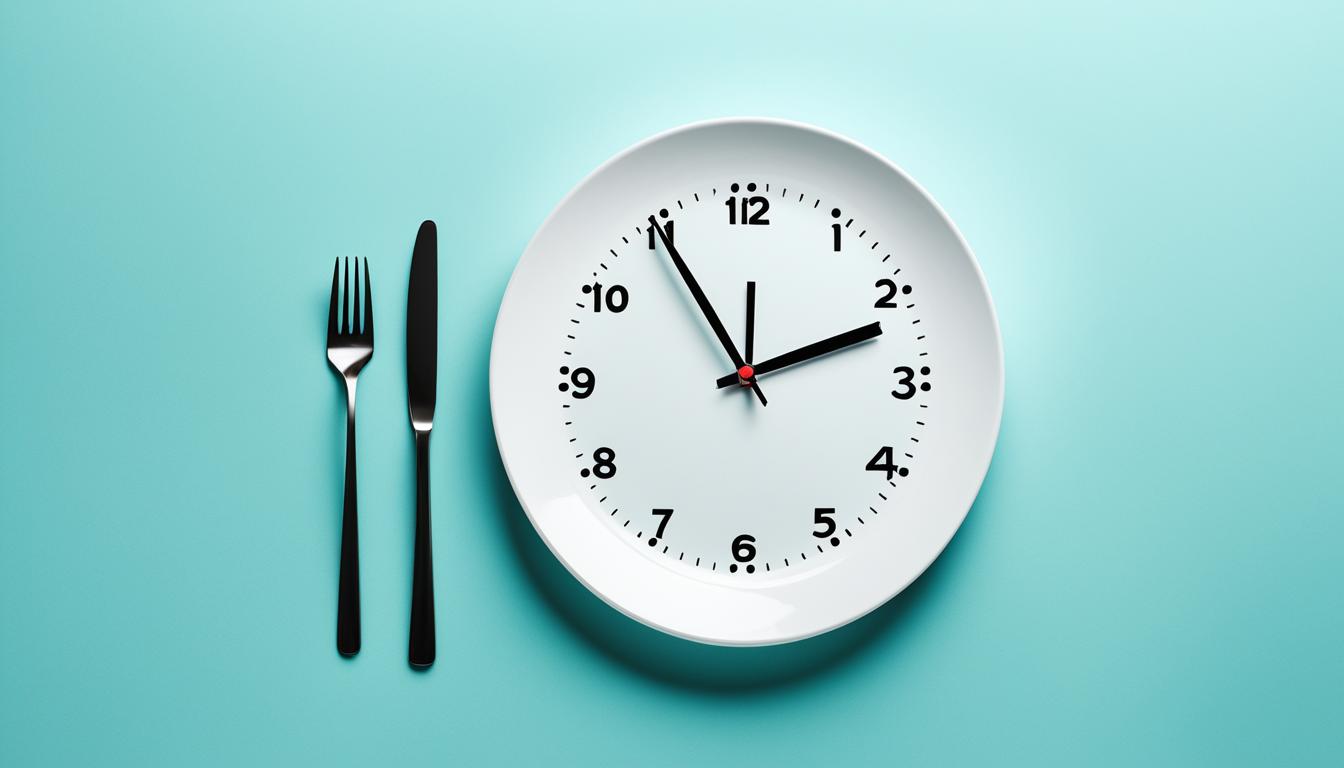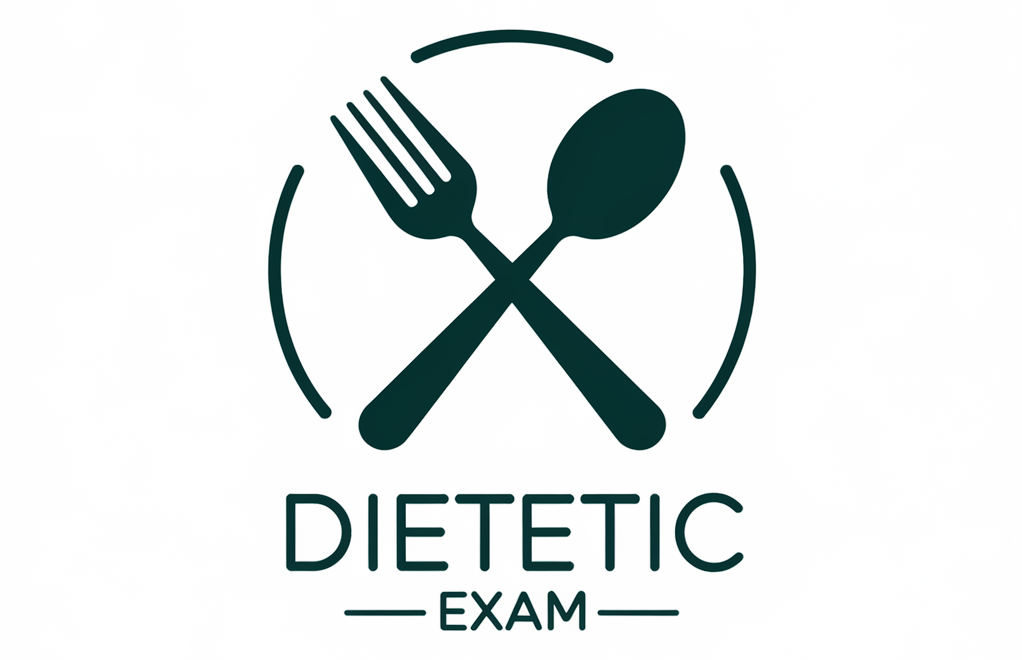In today’s fast world, we all want to lose weight fast. Rapid weight loss diets claim to help us lose pounds quickly. But are they really safe and good for us?
Are rapid weight loss diets a safe and sustainable path to a healthier you?
Key Takeaways
- Rapid weight loss diets can lead to significant weight loss in a short time, but they may not be suitable for everyone.
- These diets often involve severe calorie restriction, which can pose health risks if not properly monitored.
- Understanding the different types of rapid weight loss diets, their potential benefits, and their associated risks is crucial before embarking on any weight loss journey.
- Consulting a healthcare professional is recommended to ensure a safe and effective approach to rapid weight loss.
- Sustainable long-term weight management often requires a balanced diet, regular exercise, and lifestyle modifications.

Understanding Rapid Weight Loss Diets
Rapid weight loss diets are for people who want to lose weight fast. They are also called very low-calorie diets (VLCDs) or low-calorie diets (LCDs). These diets have fewer than 800-1,200 calories a day. This can help you lose more than 2 pounds (1 kilogram, kg) each week.Definition and CharacteristicsThese diets help you lose weight fast, more than 2 pounds (1 kg) a week. They work by cutting calories to very low levels, 800-1,200 calories a day. The main goal is to help people with obesity or extra weight lose a lot of weight quickly.Common Types of Rapid Weight Loss DietsThere are a few main types of rapid weight loss diets:
- Very Low-Calorie Diets (VLCDs): VLCDs limit calories to 800 or less a day. They often use shakes or bars for nutrients.
- Low-Calorie Diets (LCDs): LCDs have calorie limits of 1,200-1,500 a day. You can eat a variety of whole, nutritious foods.
- Intermittent Fasting and Time-Restricted Eating: These methods switch between fasting and eating. For example, the 16:8 method is 16 hours fasting and 8 hours eating. The 5:2 method is eating normally for 5 days and very little for 2 days.
While these diets can work well short-term, it’s key to talk to a doctor before starting. They can help make sure you’re doing it safely and in a way that you can keep up with.Very Low-Calorie Diets (VLCDs)For people who are very overweight and need to lose a lot of weight for health, a very low-calorie diet (VLCD) might help. A VLCD can limit your daily calories to just 800. This can lead to losing 3 to 5 pounds (1.5 to 2 kg) each week.A VLCD works by using meal replacements like formulas, soups, shakes, and bars instead of regular meals. This makes sure you get all the nutrients you need while eating fewer calories.How VLCDs WorkBy eating very few calories, your body goes into a state called ketosis. In this state, it uses stored fat for energy. This can cause you to lose weight quickly and safely. That’s why VLCDs are often chosen before weight-loss surgery.
Risks and Precautions
- Rapid weight loss can cause side effects like gallstones, gout, fatigue, constipation, diarrhea, and nausea.
- It’s important to follow a VLCD with a doctor’s advice because it can be hard to stick to and has health risks.
- Experts suggest not doing a VLCD for more than 12 weeks. Eating too few calories for a long time can lead to nutrient shortages and other problems.
A very low-calorie diet can help with losing a lot of weight. But, it’s important to be careful and work with a doctor. Knowing the risks and being careful can help you lose weight safely and effectively.Low-Calorie Diets (LCDs)If you want to lose weight fast, a low-calorie diet (LCD) might be better than a very low-calorie diet (VLCD). LCDs let women eat about 1,000 to 1,200 calories a day. Men can eat 1,200 to 1,600 calories a day. You might lose weight slower, but LCDs work well for keeping weight off over time.Unlike VLCDs, which only use meal replacements, LCDs mix regular food with meal replacements. This makes it easier for many people to follow. It’s a slow but steady way to lose weight, which can lead to better results.”Low-calorie diets provide a more balanced approach to weight loss, allowing for the incorporation of regular, nutrient-dense foods alongside meal replacements.”Even though LCDs are safer than VLCDs, you should still see a doctor before starting one. This makes sure your weight loss is healthy and can last.By mixing meal replacements with whole foods, LCDs can be a good choice for losing weight. It’s a way to get to your goals without giving up your health.Intermittent Fasting and Time-Restricted EatingIn the world of diet plans, intermittent fasting and time-restricted eating are big hits. They are not like old-style fasting. They focus on when you eat and how much you eat.The 16:8 MethodThe 16:8 method is a top choice for time-restricted eating. You eat all your food in an 8-hour window, like from 10 AM to 6 PM. Then, you fast for 16 hours.

This way, you eat less and your body burns fat faster.The 5:2 SystemThe 5:2 system is another fasting diet. You eat normally for 5 days and eat very little or nothing for 2 days. This helps you lose weight fast by eating less some days.”Intermittent fasting and time-restricted eating have emerged as effective strategies for rapid weight loss, providing a promising alternative to traditional dieting approaches.”Fad Diets and Quick FixesSome people try fad diets and quick fixes for fast weight loss. They want quick results. But, these methods can be dangerous and harm long-term weight goals.Potential DangersMany fad diets cut calories a lot to lose weight fast. This might make you lose weight quickly. But, it’s not good for you.These diets can lead to not getting enough nutrients. You might lose muscle and gain weight back later.
- Fad diets may deprive the body of essential nutrients, leading to health issues.
- Rapid weight loss achieved through extreme calorie restriction is often short-lived, with a high likelihood of weight regain.
- Crash diets and quick fixes can disrupt the body’s natural metabolism, making it harder to maintain a healthy weight in the long run.
For most people, losing weight slowly and safely is best. This means eating well and exercising regularly. Quick weight loss is not always good for your health.
| Fad Diets and Quick Fixes | Sustainable Weight Loss Approach |
|---|---|
| Severe calorie restriction | Moderate calorie reduction |
| Rapid weight loss, often unsustainable | Gradual, steady weight loss |
| Risk of nutrient deficiencies and health issues | Balanced, nutrient-dense diet |
| High likelihood of weight regain | Sustainable lifestyle changes |
Trying to lose weight fast with fad diets can be harmful. It’s better to focus on a balanced way to manage weight. This approach values your health and happiness.The Role of Exercise in Rapid Weight LossExercise is key in rapid weight loss, not just calorie cutting. It helps you lose weight and has many other benefits.Exercise helps keep your muscles strong during weight loss. If you eat less, your body might lose muscle for energy. This slows down your metabolism. But, working out helps keep your muscle, so you burn more calories even when you’re not moving.Exercise also makes you feel more energetic. This makes it easier to stick to a low-calorie diet. Plus, it makes you feel happy, so you’re less likely to eat too much.Types of Exercise Recommended for Rapid Weight Loss
- Cardiovascular exercises, such as brisk walking, jogging, or cycling, can help burn a significant number of calories.
- Strength training exercises, like weightlifting or resistance training, can help build and maintain muscle mass.
- High-intensity interval training (HIIT) can be an efficient way to burn calories and boost metabolism, even in a short amount of time.
Talk to your doctor before starting any exercise. They can give you advice based on your health and fitness level. They might suggest starting slow and then doing more as you get stronger.
| Exercise Type | Benefits for Rapid Weight Loss |
|---|---|
| Cardiovascular Exercises | Burn a significant number of calories, improve cardiovascular health |
| Strength Training | Maintain and build muscle mass, boost metabolism |
| High-Intensity Interval Training (HIIT) | Efficient calorie burn, increase in metabolic rate |
Adding a good exercise plan to your weight loss strategy can help you see better results. It also makes you healthier overall.”Consistent exercise is key to maintaining weight loss, even during rapid weight loss periods.”Health Benefits of Rapid Weight LossRapid weight loss diets can help people with chronic conditions like diabetes, high cholesterol, and high blood pressure. Losing weight fast can make people feel better and help manage their health issues.Improvements in Chronic ConditionsBeing overweight or obese can really hurt your health. Rapid weight loss can change that. It can lead to:
- Better control of diabetes and even remission in some cases.
- Lower high cholesterol levels, which means less risk of heart disease.
- Less high blood pressure, which is easier on the heart.
These changes are huge for people who have had health problems for a long time. Losing weight quickly can really turn things around. It can be a big step towards feeling better overall.
| Chronic Condition | Improvement with Rapid Weight Loss |
|---|---|
| Diabetes | Better control, potential for remission |
| High Cholesterol | Lower levels, less risk of heart disease |
| High Blood Pressure | Less strain on the heart |
Remember, rapid weight loss should be watched by a doctor. This makes sure it’s safe and works well. With a doctor’s help, you can get the most health benefits from losing weight fast.Risks and Side Effects of Rapid Weight LossStarting a quick weight loss plan can have risks and side effects. It’s key to think about your health and happiness first. Quick weight loss might seem good, but it’s better to focus on staying healthy.Gallstones and GoutQuick weight loss can lead to gallstones. This happens when fat breaks down too fast, changing bile balance. It also might cause gout, a painful arthritis from uric acid crystals in the joints.Nutrient DeficienciesQuick weight loss often means eating less, which can lead to not getting enough nutrients. This can cause tiredness, hair loss, and brittle nails. Eating a balanced diet is key to avoid this during quick weight loss.Weight RegainOne big risk of quick weight loss is gaining the weight back. People often find it hard to keep their new weight. This cycle of losing and gaining weight can harm health and cause emotional problems.

| Risk/Side Effect | Description |
|---|---|
| Gallstones | Rapid breakdown of fat can lead to an imbalance in bile composition, increasing the risk of gallstone development. |
| Gout | Rapid weight loss can trigger gout, a painful form of arthritis caused by the accumulation of uric acid crystals in the joints. |
| Nutrient Deficiencies | Severely restricting caloric intake can result in a lack of essential vitamins, minerals, and macronutrients, leading to various health complications. |
| Weight Regain | Individuals who lose weight quickly often struggle to maintain their new weight, as their body may perceive the rapid change as a threat and try to regain the lost pounds. |
Be careful with weight loss plans and get advice from a doctor. Slow, steady weight loss is safer and works better in the long run. It lets your body adjust without the risks of rapid weight loss.
Diet for Special Populations
When looking at quick weight loss diets, we must think about special groups like kids, teens, pregnant women, and older folks. They need a careful approach to keep them healthy.
Children and Adolescents
Quick weight loss diets aren’t good for kids and teens. Their bodies are still growing, and cutting calories too much can hurt their health. Instead, they should eat a balanced diet and stay active to manage their weight well.
Pregnant Women
Pregnant women should be careful with quick weight loss diets. The goal should be to keep a healthy weight, not lose weight fast. Talk to a doctor to make a safe plan that’s good for mom and baby.
Older Adults
Older people have special challenges with quick weight loss diets. As we get older, losing weight safely can be harder. Older adults should work with a doctor to make a weight loss plan that fits their health, medicine, and nutrition needs.For special populations like children, teens, pregnant women, and older adults, quick weight loss diets aren’t always the best. It’s important to focus on safety, balanced eating, and making lasting lifestyle changes for weight loss.
Consulting a Healthcare Professional
When you want to lose weight fast, it’s key to talk to a healthcare professional. This could be a doctor or provider. Losing more than 1 or 2 pounds a week is not safe for most people. It can lead to health problems. If you have health issues, talking to your healthcare professional before starting a diet is very important.Working with your provider makes sure your weight loss is safe and right for you. They can suggest the best diet plans. They can also watch your progress and change things as needed.
- Talk about your health history and any health issues with your healthcare professional.
- Work with your provider to make a weight loss plan that fits your goals and life.
- Listen to your healthcare professional’s advice and do what they say to stay safe and successful with weight loss.
Your healthcare professional is there to help and guide you. They can make sure you reach your weight loss goals in a healthy way.”Talk to your doctor before starting any rapid weight loss diet. They can help you create a plan that is safe and effective for your individual needs.”ConclusionRapid weight loss diets can help people with obesity, but they need careful thought and a doctor’s advice. These diets can make you lose weight fast, but they also have risks. It’s important to think about these risks.For lasting success, set realistic weight loss goals. Focus on eating healthy and exercising regularly. Working with doctors, you can make a plan that fits your needs and health issues. This way, you can lose weight safely and effectively.Choosing a rapid weight loss diet should be a big decision. You need to know the good and bad parts. And you must be ready to make changes that help your health for a long time. By being careful and thinking about your health, you can reach your weight loss goals without harming your body or mind.FAQ
What is a rapid weight loss diet?
A rapid weight loss diet helps you lose more than 2 pounds a week. You eat very few calories to lose weight fast.
Who typically chooses rapid weight loss diets?
People with obesity often pick these diets to lose weight fast. Doctors don’t usually suggest them.What are the common types of rapid weight loss diets?Common diets include very low-calorie diets (VLCDs), low-calorie diets (LCDs), and fasting or time-restricted eating.
How do VLCDs work?
On a VLCD, you eat as few as 800 calories a day. You might lose 3 to 5 pounds a week. You use meal replacements like formulas, soups, shakes, and bars.
What are the risks of using a VLCD?
Losing weight fast can cause side effects like gallstones, gout, and nausea. VLCDs are for adults with obesity needing to lose weight for health. Always get a doctor’s advice before starting.
How do LCDs differ from VLCDs?
LCDs let you eat 1,000 to 1,200 calories a day for women and 1,200 to 1,600 calories for men. LCDs are easier to follow and still help with quick weight loss.
What is intermittent fasting and how does it relate to rapid weight loss?
Intermittent fasting limits your eating hours, like the 16:8 method. This can lead to quick weight loss, but its long-term effects are not well known.Are fad diets a safe way to achieve rapid weight loss?Some fad diets are not safe because they severely limit calories. They’re not sustainable for long-term weight loss and you may gain the weight back.How important is exercise for rapid weight loss?Cutting calories is key for rapid weight loss, not exercise. Your doctor might suggest waiting for a long-term diet before starting to exercise.Who should consider a rapid weight loss diet?These diets are for people with health issues due to obesity. Losing weight quickly can help improve conditions like diabetes and high blood pressure.
Are there any populations that should avoid rapid weight loss diets?
Kids and teens should avoid these diets. Pregnant women, older adults, and people with health conditions should talk to a doctor before starting them.When should I consult a healthcare professional about rapid weight loss?Always get a doctor’s help for a rapid weight loss diet. Losing more than 1 or 2 pounds a week is not safe. Talk to your doctor before starting any diet plan.


Hi, this is a comment.
To get started with moderating, editing, and deleting comments, please visit the Comments screen in the dashboard.
Commenter avatars come from Gravatar.